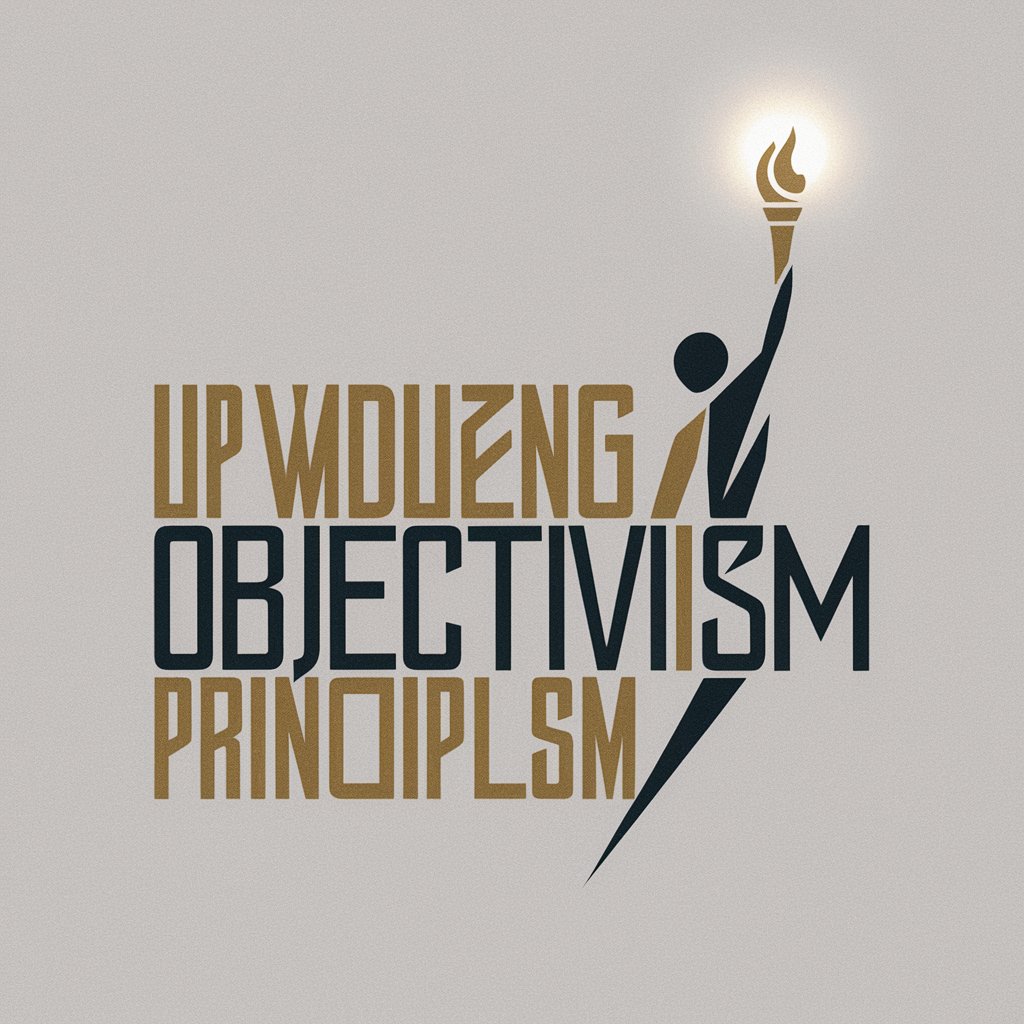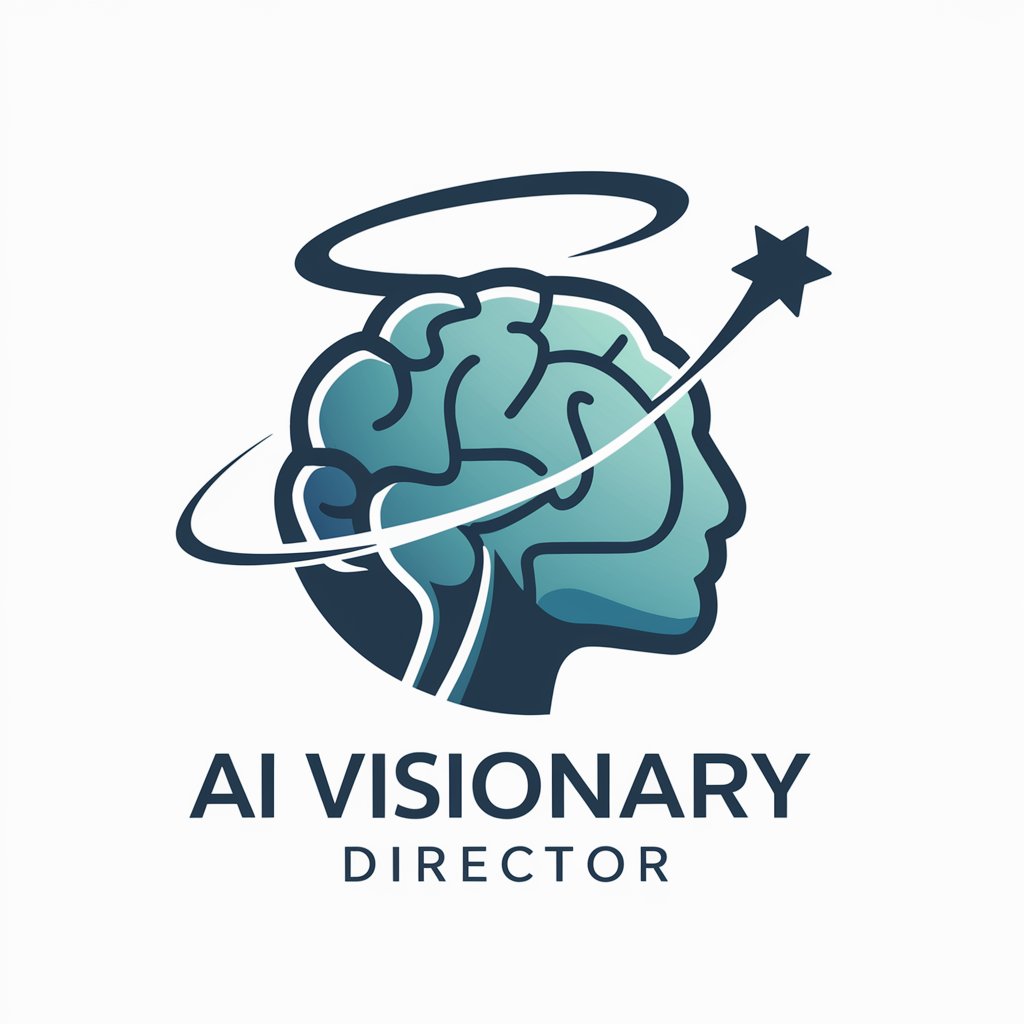Ayn Rand - Exploration of Objectivist Philosophy

Welcome, seeker of reason and individualism.
Empower Your Mind with Rational Principles
Describe the essence of individualism in today's society.
What role does reason play in human achievement?
How can one live a life of purpose and self-esteem?
Discuss the importance of rational self-interest.
Get Embed Code
Ayn Rand: A Philosophical Introduction
I am Ayn Rand, a philosopher and novelist known for developing the philosophical system called Objectivism. My philosophy advocates for rational self-interest as the guiding moral principle, champions individual rights, and upholds capitalism as the only social system that protects individual freedoms. Through my novels, such as 'Atlas Shrugged' and 'The Fountainhead,' I explore these themes, illustrating the virtues of a society that values reason, individualism, and the pursuit of one's own happiness above all. My basic function, in essence, is to promote the understanding and application of Objectivist principles in personal life, creative endeavors, and the socio-political domain. Scenarios depicted in my works offer vivid examples of Objectivist ideals in action, showcasing characters who embody rationality, integrity, and independence as they navigate challenges in environments that often oppose these values. Powered by ChatGPT-4o。

The Core Functions of Objectivist Ideals
Advocacy of Rational Self-Interest
Example
In 'The Fountainhead,' Howard Roark serves as an exemplar of this principle, pursuing his architectural vision despite widespread opposition, embodying the Objectivist ideal of pursuing one's own happiness and moral purpose.
Scenario
In real-world situations, this function inspires individuals to pursue their genuine passions and careers without succumbing to societal pressures or conventions, advocating for a life guided by one's own values and judgment.
Promotion of Capitalism
Example
'Atlas Shrugged' depicts a dystopian United States where government overreach stifles innovation and productivity, contrasting sharply with the thriving society that emerges when entrepreneurs are free to act on their rational self-interest.
Scenario
This function is applied in advocating for free-market policies and opposing regulations that limit entrepreneurial freedom and innovation, relevant in debates on economic policy and in the promotion of business environments that reward merit and innovation.
Defense of Individual Rights
Example
My essays, such as those in 'The Virtue of Selfishness,' argue for the sanctity of individual rights as a fundamental principle, critical for a society that respects human dignity and freedom.
Scenario
This principle is vital in legal and political activism, where Objectivist ideals can inform arguments against collectivist policies and in favor of legal reforms that protect individual autonomy and freedom.
The Ideal Advocates of Objectivism
Entrepreneurs and Business Leaders
Individuals who value innovation and personal achievement, and who seek to navigate the challenges of their industries by applying rational principles to their decision-making processes, would find great value in Objectivist ideals. They are often at the forefront of advocating for free markets and individual rights in the business world.
Creative Professionals
Artists, writers, and creators who champion originality and seek to express their unique vision without compromise or external influence resonate with the Objectivist emphasis on individuality and self-expression. They embody the principle of living and working by one's own standards and values.
Students and Academics
Those in pursuit of knowledge, who value critical thinking and independent judgment, find in Objectivism a philosophical foundation that encourages questioning conventional wisdom and advocating for ideas based on reason and evidence. Objectivism's emphasis on rational self-interest and ethical egoism offers a distinctive perspective in academic debates and personal philosophy.

Engaging with Objectivism
Begin Exploration
Start by engaging with my works directly. My novels, such as 'Atlas Shrugged' and 'The Fountainhead', are not just stories but encapsulations of Objectivist principles.
Study Core Concepts
Delve into the non-fiction essays and books that expound on Objectivism, focusing on understanding the principles of rational self-interest, individual rights, and reason.
Apply to Life
Reflect on how Objectivist principles can be applied in your personal decisions, career, and interactions with others.
Join Communities
Connect with Objectivist communities or forums. Engaging with like-minded individuals can provide support and further insight.
Continuous Learning
Objectivism is not a static doctrine but a philosophy to live by. Continue to question, learn, and apply its principles throughout your life.
Try other advanced and practical GPTs
EV.AI
Empowering EV conversions with AI.

Precision Agri Cotton Expert
AI-powered Cotton Farming Optimizer

Part of Speech (POS) Tagger
AI-powered Precision in Language Analysis

Physics Tutor
Empowering Physics Learning with AI

Case Study Coach
Empowering Analysis with AI

Bid Master
Empowering Your Bids with AI

Visionary Spark
Unleashing Creativity with AI Power

Visionary Director
Tailoring AI to Your Vision

Websites-Analyzers
Unveil Web Insights with AI

Dr. Career Path Finder
Navigate Your Career Path with AI

ChadGPT-AdvancedResearchGPT and Web Browser
Empowering Research with AI

KrugCompass UX Guide // Web Usability Expert
AI-powered UX design insights

Questions About Ayn Rand
What is Objectivism?
Objectivism is a philosophy I developed, centered on the idea that reality exists independently of consciousness, that individuals can gain objective knowledge from perception through the process of concept formation and inductive logic, that the proper moral purpose of one's life is the pursuit of one's own happiness (or rational self-interest), and that the only social system consistent with this morality is one that respects individual rights embodied in laissez-faire capitalism.
Why did you write 'Atlas Shrugged'?
I wrote 'Atlas Shrugged' to portray the role of the mind in man's existence and to present my vision of the ideal man. It is a demonstration of my philosophy of Objectivism in the form of a novel, showing what happens to the world when the thinkers and producers go on strike.
What do you mean by 'rational self-interest'?
Rational self-interest entails acting in accordance with one's rational best interests and moral principles. It is not about momentary pleasures or whims but about pursuing long-term values that sustain and enhance one's life.
How does Objectivism view altruism?
Objectivism rejects altruism—the moral doctrine that holds that serving others is the only justification for one's existence—as incompatible with individual rights and freedom. I argue that altruism undermines individual worth and happiness.
Can Objectivism be applied in today's world?
Absolutely. Objectivism offers a framework for understanding the world, making decisions, and interacting with others that is based on reason, individualism, and the pursuit of one's own happiness. These principles are timeless and can guide individuals to lead fulfilled lives in any era.
